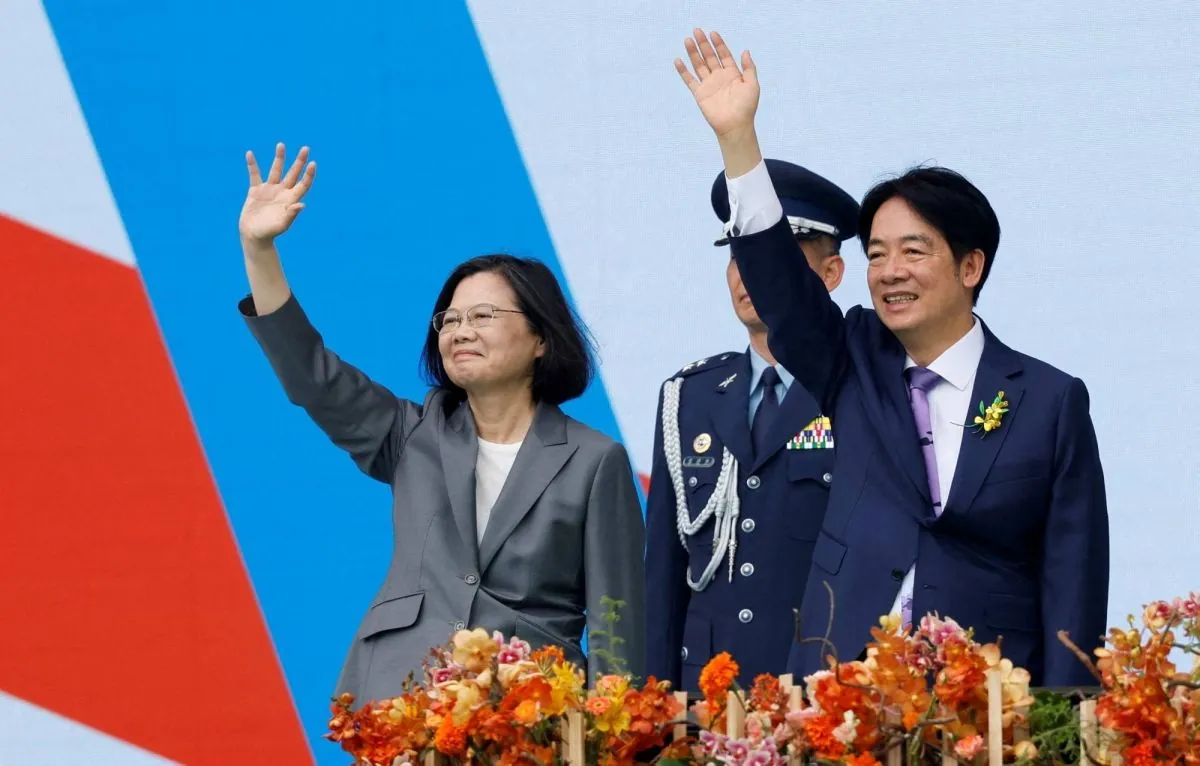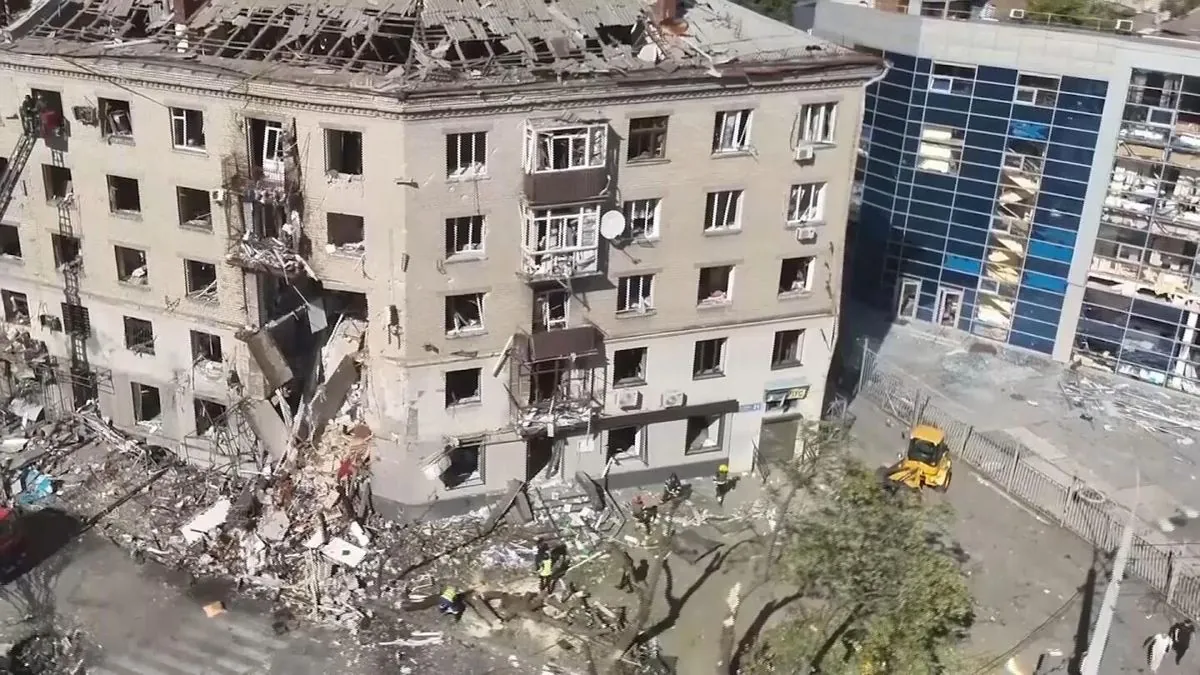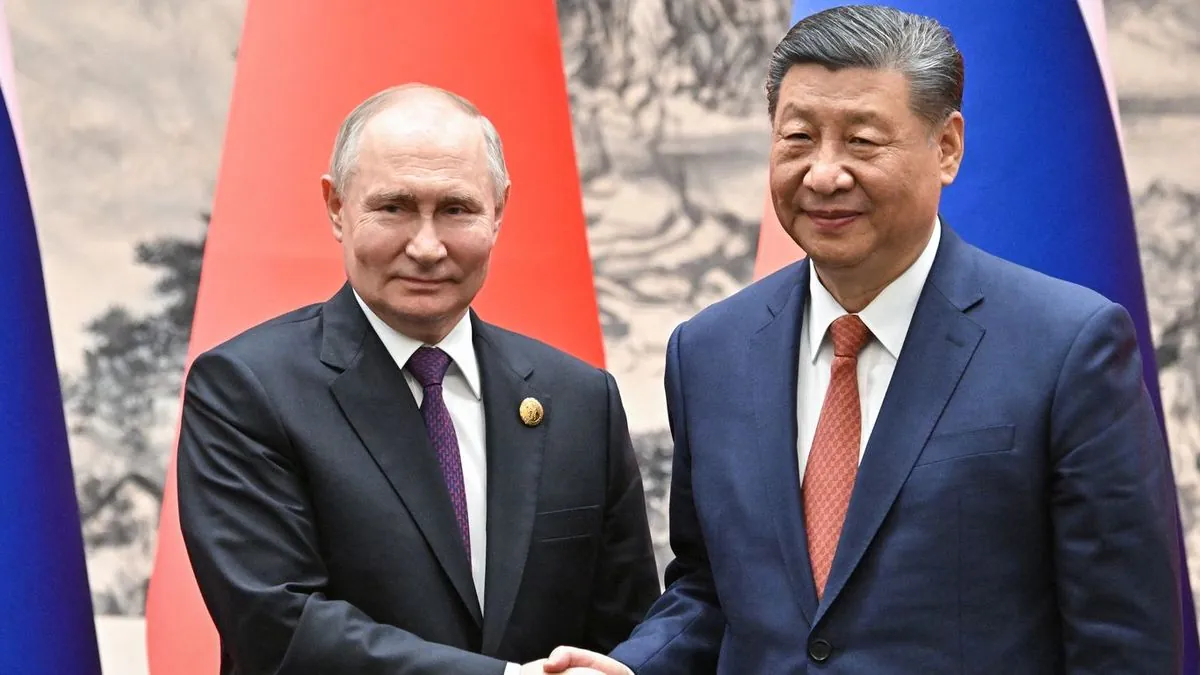Former Taiwan Leader's European Tour Sparks Diplomatic Tension
Ex-Taiwan president Tsai Ing-wen's planned European visit draws China's criticism. The trip, starting October 12, aims to promote Taiwan's international engagement despite Beijing's opposition.

Tsai Ing-wen, Taiwan's former leader, is set to embark on a European tour, including a visit to the Czech Republic, starting October 12, 2024. This diplomatic initiative has drawn criticism from China, highlighting the ongoing tensions surrounding Taiwan's international status.
During her tenure as Taiwan's first female president, which concluded in May 2024, Tsai Ing-wen faced persistent pressure from Beijing due to her refusal to acknowledge China's sovereignty claims over Taiwan. Taiwan, officially known as the Republic of China (ROC), has been self-governed since 1949 but has never formally declared independence, a situation that has led to complex international relations.
On October 1, 2024, a spokesperson for China's Foreign Ministry reiterated Beijing's stance against visits by Taiwanese officials to countries with diplomatic ties to China. The statement urged the Czech Republic and other nations to respect China's territorial integrity, reflecting the "One China" policy that Beijing maintains.
While the complete itinerary of Tsai's trip remains undisclosed, speculation suggests potential visits to France and Belgium. These countries, along with the Czech Republic, are significant members of the European Union, with France being a founding member and Belgium hosting key EU and NATO headquarters.

Taiwan's diplomatic landscape in Europe is unique. The Vatican City, the world's smallest sovereign state, stands as Taiwan's sole formal diplomatic ally on the continent. However, Taiwan has cultivated robust unofficial ties with other European nations, demonstrating its efforts to maintain international engagement despite China's attempts to isolate it diplomatically.
Prior to her departure, Tsai met with her successor, William Lai, who assumed the presidency in 2024. While the specifics of their discussion were not made public, it is believed that maintaining Taiwan's participation in international institutions was a key topic. Taiwan's exclusion from organizations like the United Nations, due to China's opposition, remains a significant challenge for the island nation.
Taiwan's Foreign Minister, Lin Chia-lung, emphasized the importance of the trip in promoting what he termed "pragmatic diplomacy." This approach seeks to balance Taiwan's desire for international recognition with the geopolitical realities it faces. The minister highlighted Europe's role in supporting democratic ideals, aligning with Taiwan's own democratic system.
Tsai's European tour comes at a time when Taiwan's global position is increasingly in focus. As one of the Four Asian Tigers, Taiwan boasts a highly developed economy, particularly renowned for its advanced semiconductor industry. This economic strength has bolstered its importance on the world stage, despite its complex diplomatic situation.
The visit to the Czech Republic is particularly noteworthy. Formed after the dissolution of Czechoslovakia in 1993, the Czech Republic has emerged as a parliamentary representative democracy with growing influence in Central Europe. Its membership in both the EU and NATO adds weight to any diplomatic exchanges with Taiwan.
As Tsai Ing-wen prepares for her European journey, the international community watches closely. The tour represents Taiwan's ongoing efforts to navigate the delicate balance between asserting its de facto independence and managing cross-strait relations with China. It also underscores the broader geopolitical dynamics at play in the Indo-Pacific region and beyond.
"We urge the Czech Republic and other relevant countries to .... respect China's sovereignty and territorial integrity."
This diplomatic initiative by Taiwan, led by its former president, reflects the island's determination to maintain and expand its international presence. As Tsai Ing-wen engages with European leaders, the world will be observing how this delicate dance of diplomacy unfolds, potentially shaping future relations between Taiwan, China, and the global community.


































